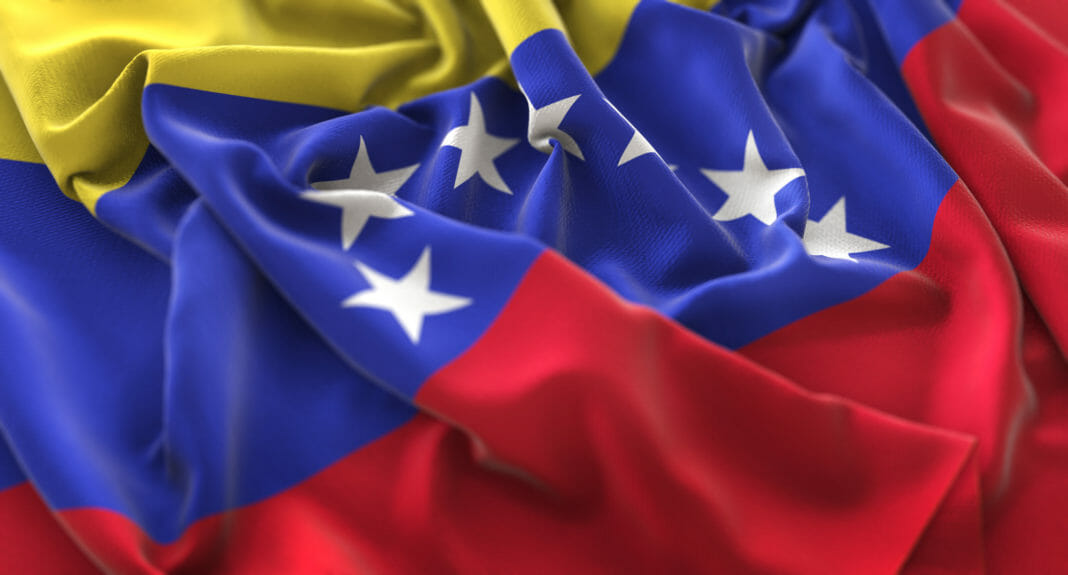Venezuelans do not have free convertibility with their local currency, the bolivar. Venezuela is the second country with the highest monthly volume of transactions in LocalBitcoins.
Venezuela shows clear signs that the adoption of cryptocurrencies will continue to grow, more for necessity than for desire.
Freelancers that work from Venezuela receiving international payments face multiple obstacles to handle that money, which Bitcoin and other cryptocurrencies can help overcome.
People decide to use services such as PayPal, Payoneer and Transferwise, among others, as little as possible. The basic reasons are the very high fees for receiving money and the intermediation that gives rise to blockages of funds or services, as it happens now with Transferwise, which will stop providing its services to Venezuelan customers.
The restrictions on Venezuelan users of payment services, transfers and even international cards are not new. The announcement by Transferwise only adds to the limitations to make international transactions, in the context of the national exchange control and the sanctions issued by the US government and multilateral instances such as the European Union.
In the case of Bitcoin, users just need a wallet to control the movements of their funds. As long as the seeds are properly safeguarded, they will be able to access or recover their bitcoins when they need them, even if some software restricts their access to Venezuelans.
Money Restrictions in Venezuela
In the country there are still many who use centralized services modeled after banks that manage money. The aforementioned are just some of services that have clear limitations in the Venezuelan scenario. PayPal, for example, requires integration with a credit card in fiat currencies, like the dollar and the euro, for a complete verification allowing the maximum functionality of an account.
In Venezuela, there are no foreign currency cards, and those companies that provided services to make it possible have gradually left the country or stopped offering support. Both Payoneer, who sent prepaid cards to the country, and PayPal, who worked with the cards of that company, stopped offering their services to Venezuelans.
Within that context, the citizens of this country have found Bitcoin and other cryptocurrencies as a refuge. Although it is not easy to determine the source of the movements, Venezuela is among the most active countries regarding trade in the LocalBitcoins P2P trading platform.
Cryptocurrency Landscape in Venezuela
Several times this year, Venezuela has taken second place in the portal, only behind Russia and always fighting with the United States for the second highest volume. It has remained in that position in the past two months, with volumes exceeding 2,000 BTC traded per month. Obviously, these movements may have different origins.
Some people believe that it is about money laundering from corruption while others allude to Arab, Asian or other nationality traders that maintain business in Venezuela. It is also estimated that the funds come from remittances sent by Venezuelans living abroad to their relatives in the country, or from the movement of funds by entrepreneurs and freelancers living in Venezuela.
The fact is that payment options with cryptocurrencies are increasing in many businesses nationwide. Department stores, pharmacy chains and multiple small stores have begun accepting payments with cryptocurrencies. In recent days, the country’s first ATM was installed to buy BTC and Dash with cash dollars.
Precisely, Dash has been another of the fastest growing options in the country, in terms of commercial acceptance. Data from DiscoverDash show that Venezuela is the country with most businesses accepting the cryptocurrency.
By Willmen Blanco











